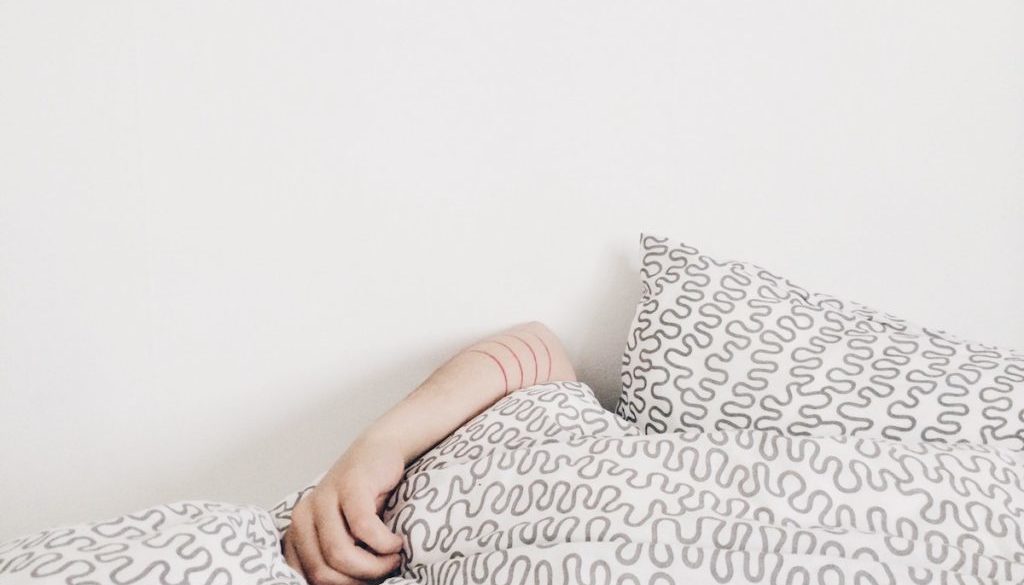The Sleep Solution
The connection between sleep and overall brain health is undeniable. Sleep affects anxiety levels, as well as our ability to manage emotions, make connections, solve problems and focus. Without the requisite ten to eleven hours of sleep, kids aren’t just facing a cranky day – if the problem continues long-term, their development is at risk.
Try including children in the solution and consider some of the following tips:
Practice good pre-sleep hygiene: Cutting out computers, tv and other technological devices helps our kids calm their neurological system. We can use this time to read together, listen to relaxing music and wind down from the day.
Watch the mindset: Children naturally open up emotionally right before bedtime; they’re reviewing their day and have the quiet space to turn inwards. Engaging emotionally is a way to attach and be soothed by us at the most vulnerable time of the day.
Break open the bubbles: One of my favourite times of the day is right after dinner when everyone’s tummies are settled and the whole family can relax. I draw a bubble bath for my youngest and hang out on the floor as he decompresses and spontaneously begins to chat about his day. When he’s in the bath, there’s nothing to distract him and nowhere to go!
Frame bedtime as a gift: Turning the conversation about bedtime into something positive can help change our children’s internal story about it. Making bedtime a punishment will only exacerbate their negative narrative. Instead, we can model good bedtime behavior by talking about how much we’re looking forward to hitting the pillow. Try asking children what they like about bedtime. Thinking about their fuzzy pajamas, their favorite stuffed animal or the fluorescent stars on their ceiling may be what they need to make them look forward to bedtime.




